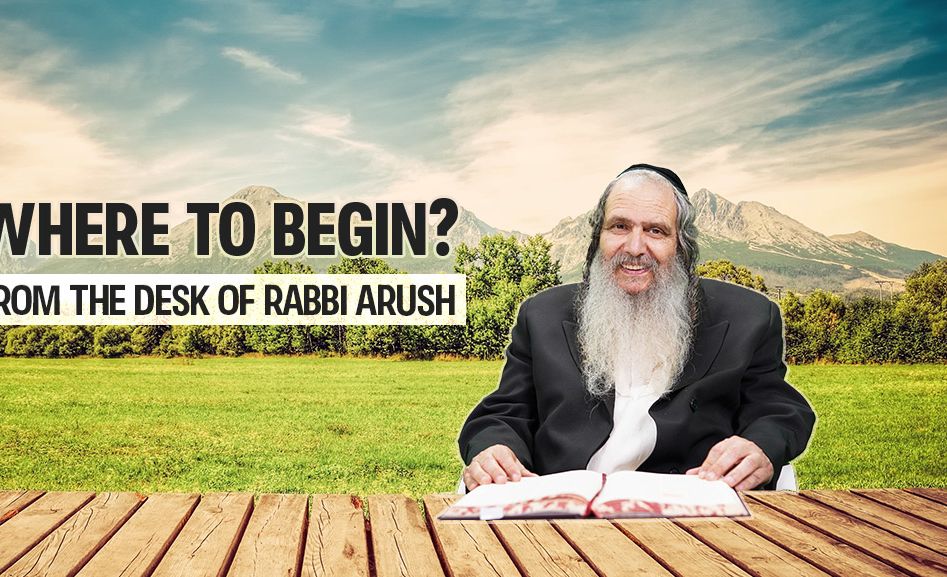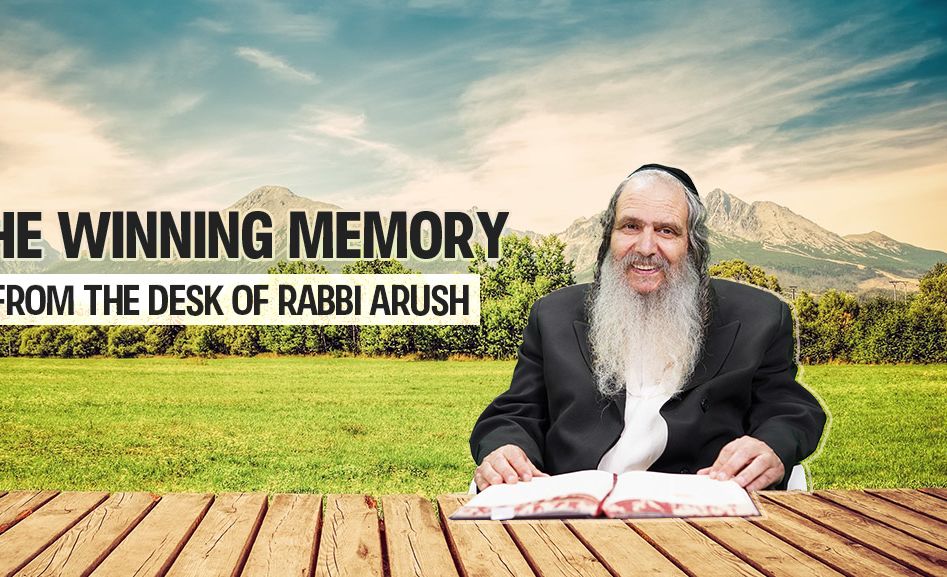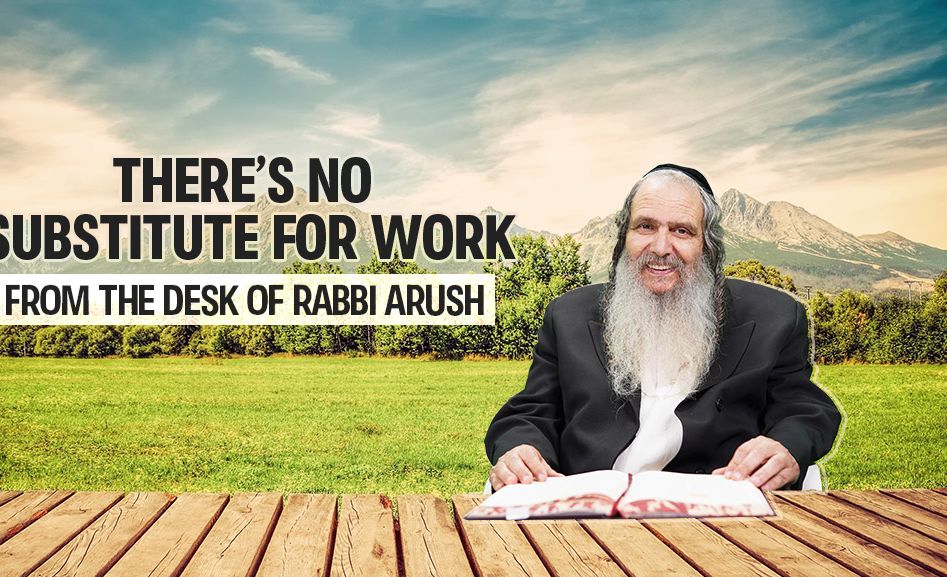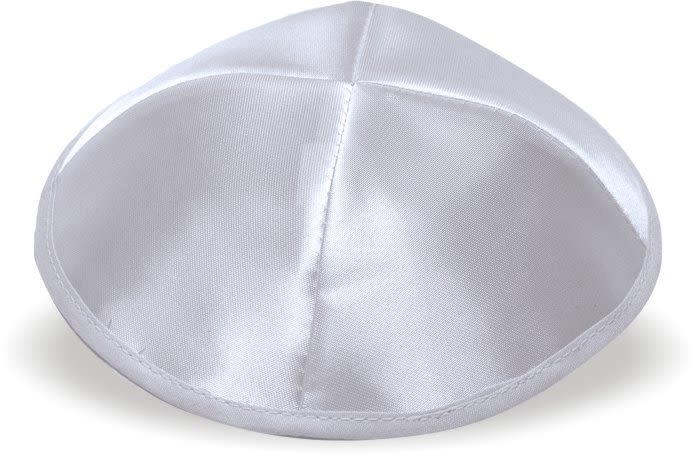
Improper Personal Prayer
Translated by Rabbi Lazer Brody - Improper personal prayer means that a person isn't searching for Hashem's will in his or her hitbodedut, but praying for his or her own desires...

And he lost his temper at her, and an utterance escaped his mouth: “May the no-good-one take you!” In the evening she went to her room, and in the morning, no one knew where she was. Her father became very distraught, and he went everywhere looking for her.
Improper personal prayer angers the King. Improper personal prayer means that a person has lost emuna, in other words, his or her emuna has disappeared. This explains why Rebbe Nachman wrote (Sefer Hamidot, Anger): “Anger results from improper personal prayer,” for Hashem’s anger manifests itself within a person, and as soon as emuna disappears, a person becomes impatient and angry.
What Do You Really Want?
Improper personal prayer means that a person isn’t searching for Hashem’s will in his or her hitbodedut, but praying for his or her own desires and appetites, whether material or spiritual. That’s not what Hashem wants; in effect, improper personal prayer is asking Hashem for help in doing the opposite of Hashem’s will.
Proper personal prayer means that one nullifies one’s own personal will in favor of Hashem’s will, and that his or her entire hitbodedut revolves around this point – to nullify personal desires.
Improper personal prayer means that a person wants Hashem to nullify His will in favor of his or her own personal desires, and his or her entire hitbodedut revolves around this point – that Hashem should do that person’s will.
Hashem doesn’t like material requests for things that are needless in the service of Hashem. Spiritual requests are trickier: Sometimes, we fool ourselves into thinking that we’re asking for spirituality, but our motives aren’t always pure. We may think that we’re asking for Torah scholarship, but deep down we want prestige, publicity, fame, and honor. We might want people to be kissing our hands, or whispering behind our back, “What a scholar! What a tzaddik! Look how holy he acts! He’s the pillar of the universe…”
Even those of us that don’t care about fame or prestige, but are serving Hashem in order to earn a lofty place in the world-to-come, are stilling missing the mark. Rebbe Nachman says (Likutei Moharan II:37), that just as some pursue their appetites in this world, others pursue their appetites in the next world. The latter is of course preferable, but still not the pure service of Hashem.
We can conclude that even in spirituality, we must nullify our desires in favor of Hashem’s will, even when we’re asking for spirituality. Many people fail to understand that their desires – even in spirituality – are none other than appetites and lusts, even though they’re on a higher level than physical appetites and lusts. Spirituality seekers realize that bodily urges are nonsense, but they often make the mistake of substituting spiritual appetites such as wisdom, honor, rewards in the next world for bodily urges.
Let this be your guideline: The sign of improper personal prayer, when one asks Hashem to fulfill his or her desires, even spiritual desires that seem to be Hashem’s will, is when a person feels angry afterward. When our desire is simply to serve Hashem, we never have sorrow or impatience if our prayers aren’t answered, for we understand that Hashem wants us to continue to pray.
Bitul, or Nullification of Ego
When one engages in personal prayer without the objective of nullifying his or her own will in favor of Hashem’s will, there is no way to achieve true proximity to Hashem. Such a person sees Hashem as a tool for fulfilling his or her own selfish desires – even spiritual ones. Needless to say, such hitbodedut irritates Hashem.
Rebbe Nachman teaches us the meaning of proper personal prayer (see Likutei Moharan I:52), when he teaches us that the main objective of hitbodedut is to reach a state of bitul, or nullification of ego, which enables a person to become one with Hashem. Any other intent in personal prayer other than bitul detracts from proper personal prayer.
Pursuing self-interests, without searching for what Hashem wants from us, is a sign of incomplete or blemished emuna. Blemished emuna arouses difficulties in life, stern judgments, and anger.
How does a person become ensnared in anger and impatience during personal prayer? The reason is simple – he or she is pursuing self-interests while ignoring what Hashem wants. These self-interests are so strong that a person could even be shaking a fist skyward when his or her demands aren’t fulfilled. Needless to say, such anger and impatience are apostasy and a critical blow to emuna. Hashem decides how and when to answer prayers; any opposition to Hashem’s will is therefore detrimental. So, when a person argues with Hashem, yells at Hashem (Heaven forbid!) and so forth, he or she falls into the trap of anger and severe judgments.
Every Moment in Hitbodedut
Know full well that hitbodedut should precede everything we do. Here’s why: personal prayer enables us to collect our thoughts, to objectively evaluate ourselves, to compose ourselves, and to understand what Hashem wants us to do this very instant. As such, we can determine what the truth is, differentiate between right and wrong, decide what action to take and evaluate everything we do. We ask Hashem to guide us, to show us the right path, and to help us pursue it.
When we’re undergoing a trying situation, and we compose ourselves in the proper manner, asking what Hashem wants from us and requesting His assistance, then we never transgress because our personal prayer has been proper. But, whenever someone makes an improper assessment, fails to ask what Hashem wants and doesn’t pray to do Hashem’s will, he or she transgresses and goes against Hashem’s will. This is a result of improper personal prayer that arouses Hashem’s displeasure.
In the morning, no one knew where she was…
As we mentioned earlier, the immediate outcome of Hashem’s anger is that emuna disappears, and a person loses his or her connection with Hashem. A concerted effort is subsequently required to restore emuna.
Eve was the first person to make the mistake of improper personal prayer. She didn’t compose herself to determine what was really true and therefore failed. She chose her own will – eating the forbidden fruit – instead of reminding herself of Hashem’s will. The tragic result kindled Hashem’s anger and caused a disappearance of emuna. Ever since, all of mankind has had to toil in order to find emuna.
To be continued.














Tell us what you think!
Thank you for your comment!
It will be published after approval by the Editor.